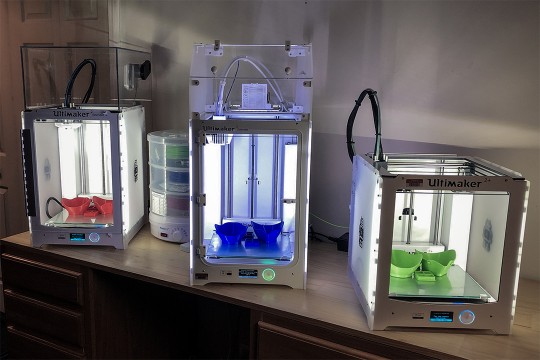
Heather Grotke
Interim Director of Physician Assistant Program
Heather Grotke
Interim Director of Physician Assistant Program
Education
BS, Rochester Institute of Technology; MS, PA-C, Daemen College
Currently Teaching
In the News
-
May 10, 2021
![student elbow-bumps professor.]()
RIT graduates prepare for careers in healthcare amidst pandemic
Nearly 60 students will graduate this May from the College of Health Sciences and Technology’s clinical programs—physician assistant BS/MS, diagnostic medical sonography BS, and the echocardiography (cardiac ultrasound) certificate program. These students spend the final year of their programs immersed in practical work experience at clinics and hospitals in the region.
-
June 2, 2020
![Three 3D printers creating PPE equipment.]()
RIT Rallies: WNY Fighting Covid takes aim at PPE shortage
Founded by a group of RIT Alumni, the grassroots organization looks to put homemade masks and other protective equipment in the hands of Western New York front line workers.
-
March 25, 2024
Grotke named RBJ Woman of Excellence






